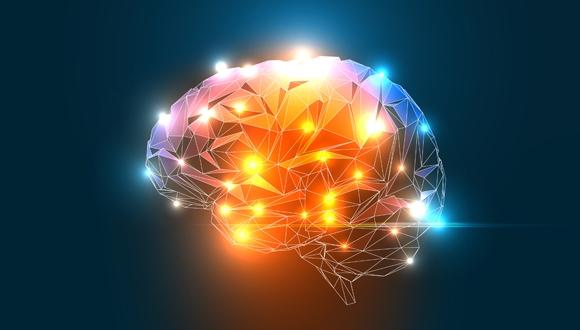If men are from Mars and women are from Venus, how come their brains aren’t different? A new Israeli study shatters the myth, showing that there’s no difference between the brain of a guy to that of a girl.
Historically, men and women have served different societal roles, but the question of how far these categories extend into human biology has not been resolved. Now, a team of researchers led by Tel Aviv University’s Prof. Daphna Joel has shown that if you look at the overall structure of the brain, there’s no such thing as a “male” brain and a “female” brain. Simply put, brains cannot be divided into gender-based categories.
SEE ALSO: Study Highlights Difference In Social Perception Between The Sexes
Granted, some features of the brain are more common in women, some more common in men, and some are common in both. But while specific parts of the brain reveal differences based on gender, an individual brain only rarely has exclusively “male” or “female” traits, the study finds.
SEE ALSO: Israeli Scientists Help Create First 3D Map Of The Brain
Joel and her team of researchers used MRI scans of more than 1,400 brains, focusing on anatomical traits like tissue thickness or weight in different parts of the brain. They focused on those traits that showed the most obvious gender differences, dividing the scores into a predominantly male zone, a predominantly female zone, and an intermediate range.
The researchers found that individual brains rarely ended up exclusively in one of the three categories. The researchers also analyzed psychological and behavioral scores from two prior studies covering more than 5,000 participants. The results were similar.
“Gender differences in the brain are of high social interest”
Overall, the results show that “human brains do not belong to one of the two distinct categories” of male and female, the researchers concluded. The study was recently published in the scientific journal the Proceedings of the National Academy of Sciences.
“Gender differences in the brain are of high social interest because their presence is typically assumed to prove that humans belong to two distinct categories, not only in terms of their genitalia, and thus justify differential treatment of males and females,” according to the study. “Here, we show that, although there are gender differences in brain and behavior, humans and human brains are comprised of unique ‘mosaics’ of features, some more common in females compared with males, some more common in males compared with females, and some common in both females and males.”
Photos: Tel Aviv University
Related posts

Rehabilitation Nation: Israeli Innovation On Road To Healing

Israeli High-Tech Sector 'Still Good' Despite Year Of War







Facebook comments